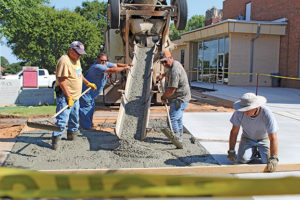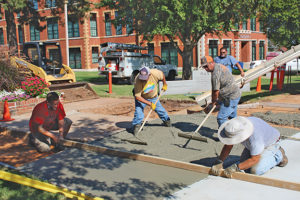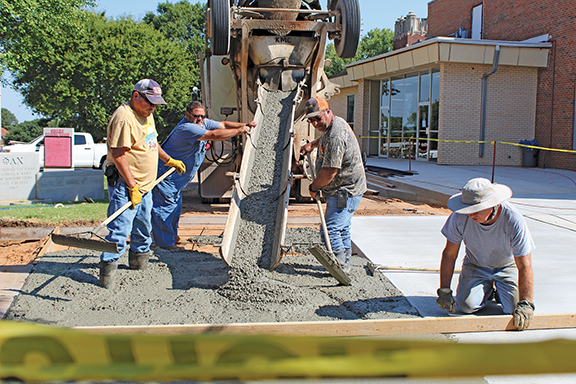by George Smith, Student Reporter

State legislators adjourned in mid-spring, deciding to cut the budget for higher education by 3.95%.
This, along with an expected decline in enrollment and the rise of mandatory institutional costs, caused Northwestern to raise the price of tuition by 3%. University officials also decided to leave vacant faculty positions unfilled, cut back on operating expenses and eliminate some capital money that would typically have been available to the academic departments.
“We knew that we had two big ‘negatives’ going into this fiscal year,” Dr. David Pecha, vice president for administration, said. “We knew we had that loss of state appropriations. … We also knew that we had some mandatory costs that were increasing.”
Those mandatory costs include an increase in property insurance and an increase in health insurance for full-time employees.
Because of these factors, the board deemed the tuition increase appropriate.
Northwestern makes most of its money through tuition.

State funding is a bonus to the budget and adds benefits to the institution, but those monies do not fund the entire budget altogether, Pecha said.
Matt Adair, director of housing for Northwestern, said the places in a financial budget that will do the least amount of harm to the fewest number of students will be where budget cuts take place.

